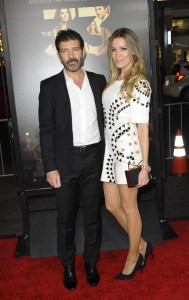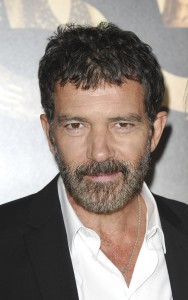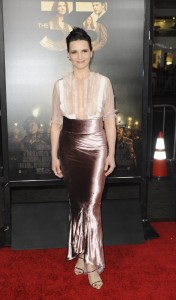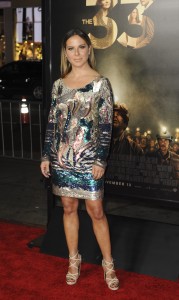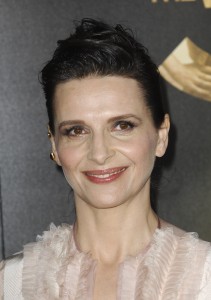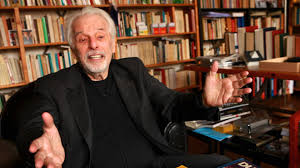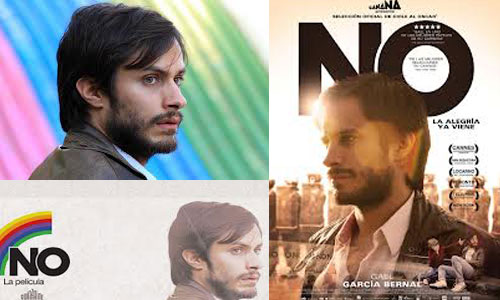Chile
The 33 premiere arrivals
Photos by GTVW staff
An intriguing film with the best warriors of a Dune
Review by Jenny Alvarez
Photos Courtesy
Jodorowsky’s Dune is an American documentary film directed by Frank Pavich. The film explores Chilean-French director Alejandro Jodorowsky’s attempt to adapt and film Frank Herbert’s science fiction novel Dune in the mid-1970s. The director makes the story alive and full of passion that Jodorowsky uses to describe everything. It is a well structured master piece in his book but makes the case for this overblown epic as a legendary lost master piece in a film in which he didn’t participate. It would be around 12 hours long but the real time is 90 minutes and the documentary shows how some of the drawings were used for inspiration in Star Wars and other movies later on. Donald Rosenfeld, Stephen Scarlata, Michel Seydoux, and Travis Stevens also were part in an in-depth look at the doomed production and features a number of never-before-seen images and interviews where world-class surrealists, international rock stars, top-billed actors and artists were going to be part in Jodorowsky’s film but at the end all the melodrama and manipulation there was, instead, vision and ambition. From an artistic point of view, that generation was more honest and people from big film companies didn’t want to share with this visionary of the visual art in movement. This documentary will we open in Los Angeles on March 21st, 2014.
No is not a simple denied statement
By Jenny Alvarez
Photo:Courtesy
When Chilean military dictator Augusto Pinochet, facing international pressure, calls for a referendum on his presidency in 1988, opposition leaders persuade a brash young advertising executive, Rene Saavedra, to spearhead their campaign. With scant resources and constant scrutiny by the despot’s watchmen, Saavedra and his team devise an audacious plan to win the election and free their country from oppression.
This movie is a worthy effort to show how a country really came together and changed its destiny focusing on joy and creativity and trying to leave behind fear and anger. Larraín maintains a studiously ambiguous attitude toward the No campaign, celebrating its success in winning the referendum — though the outcome is known from history, the film still manages to be tense, suspenseful — while asking what was sacrificed in that victory so the director seems to situate the debased state of contemporary politics in this transformation. The No of his title takes on ominous new meaning in that light. Besides, there are some decent ironic moments and the late 1980s ambience is competently brought back to life in costumes and production design. It is a movie that really makes you to think about politics and definitely Pablo Larraín has made interesting films like “Post Mortem” and this one is not an exception.

